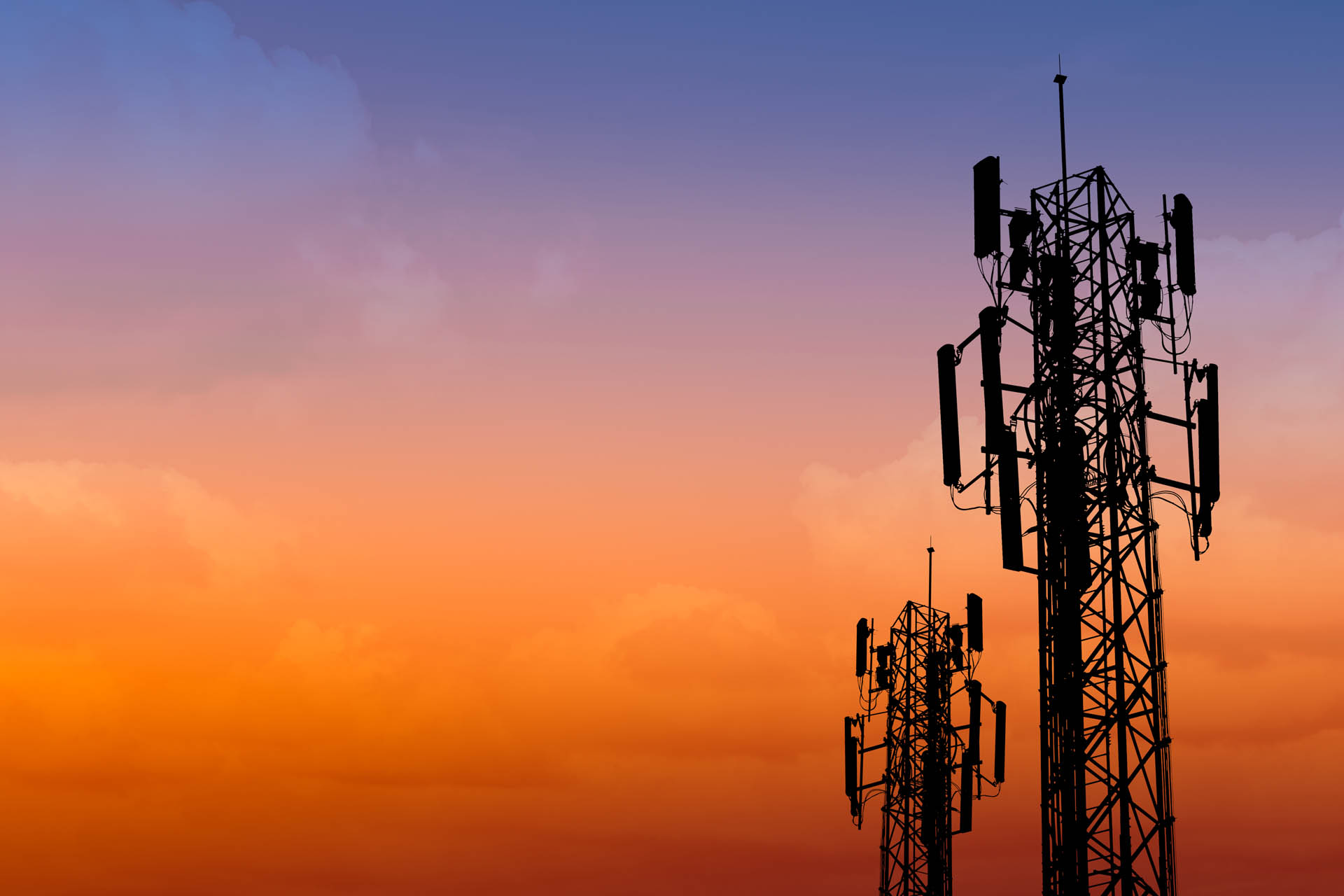In March 2021, the European Commission announced its Digital Compass programme, with the ambition to ensure that all households across the EU should be covered by a gigabit network by 2030 and with 5G for all.
5G means between 10- and 100-times faster data rates and more devices accessing internet simultaneously. It will boost the Internet of Things (IoT), a key asset for smart factories and new innovative services. 5G will allow sustainable transport networks, with cars, trains and lorries remaining connected within and across Member States, and enhance shared mobility and smart cities. The EU connectivity targets are therefore essential to cope with the soaring demand and increase of traffic, to ensure the digital transformation of the Single Market, and to support its competitiveness globally.
A study released in March 2021 by ETNO, the European telecommunication network operators’ group, found, however, that €150bn will be needed to build a full-5G Europe, while an additional €150bn is required to finish upgrading fixed infrastructure to gigabit speeds.
Twice €150bn are enormous investments – what can be done to make them happen?
One of the key solutions that would efficiently support these significant investments would be to encourage operators to work together through network-sharing. This would be the fastest way to the 5G finish line and for operators to satisfy the rising demand for better connectivity, by relying more on voluntary radio access network (RAN) sharing agreements. Voluntary network sharing agreements have several advantages. They offer more efficiency for investments; quick and wider rollout; a positive consumer surplus; and fewer antennas, which can ease societal acceptance and reduce the environmental impact without limiting competition.
However, there are issues getting in the way, in the form of legal and regulatory barriers.
Barriers to overcome
On the regulatory side, operators face legal uncertainty due to a fragmented and inconsistent EU policy approach to network-sharing. A new mindset is needed to assess those agreements – one that takes into account the evolution of mobile markets in the EU and meets the goals of the Digital Path just adopted by the European Commission. For example, competition authorities do not yet acknowledge that coverage is no longer the most relevant criteria for competition assessment – as it’s not the main factor of differentiation between telecom operators. In all European countries the coverage obligations are now quite heavy– usually imposing network reach that covers 99% of the countries’ population and a minimum of 95% of the country’s territory. Differentiation today relies more on quality of service, innovation or pricing – this needs to be reflected in the way the competition authorities assess network sharing agreements.
For its part, the European Commission (EC) does not currently conduct harmonised assessments of RAN-sharing agreements. There is also a gap between the positions of regulatory and competition authorities: while the regulators encourage and sometimes even impose RAN-sharing, competition authorities do not provide enough legal security. For instance, the EC supports RAN-sharing agreements in some merger decisions (see Case COMP/M.7758 – H3G / Wind) and communications (the latest being on the Connectivity Toolbox). But at the same time, its current case-by-case approach raises concerns for the market players. For instance, it has opened an investigation into the RAN-sharing agreement in the Czech Republic in 2016 several years after its implementation, and which is still not closed in October 2021. This case is creating important risks for the parties involved, as well as consumers. Separately, in an Italian case adopted in 2020, the EC asked to limit the geographical scope of the RAN agreement – a verdict which raises concerns for the future: are those constraints only referring to the specificities of the case or should market players consider this case as creating a de facto rule limiting those agreements?
Much at stake
These decisions actively create legal uncertainty amongst market players, who are at the same time asked by the Commission to make huge investments. A more harmonised and clearer framework on RAN-sharing agreements would provide the legal certainty needed to stimulate much-needed investment.
Building that legal framework would involve two steps: first, there should be a presumption of compatibility with competition law, considering their pro-competition impact on the European digital economy. And second, provide a list of clear criteria that allows network operators entering such agreements to perform their own self-assessment – thus providing more legal certainty.

As President von der Leyen mentioned in her recent State of the Union, the energy-efficient solutions that will drive the green transition, make digital transition an integral part of the EU’s net zero strategy – the EU’s top priority.
More broadly, with 5G rollout already more advanced in US, China, Korea and elsewhere, this is a global race that the EU is running. The huge investments required are being encouraged at European level, but at this stage, the EU is playing catch-up. A clearer European legal framework encouraging RAN/network-sharing would be the turbo-boost the EU needs in global 5G race. By doing so, it would allow a swifter implementation of the EU digital and green transitions, thereby delivering a more resilient functioning of the European single market.
A study released in March 2021 by ETNO found that €150bn will be needed to build a full-5G Europe, while an additional €150bn is required to finish upgrading fixed infrastructure to gigabit speeds.
In an Italian case adopted in 2020, the EC asked to limit the geographical scope of the RAN agreement – a verdict which raises concerns for the future: are those constraints only referring to the specificities of the case or should market players consider this case as creating a de facto rule limiting those agreements?

